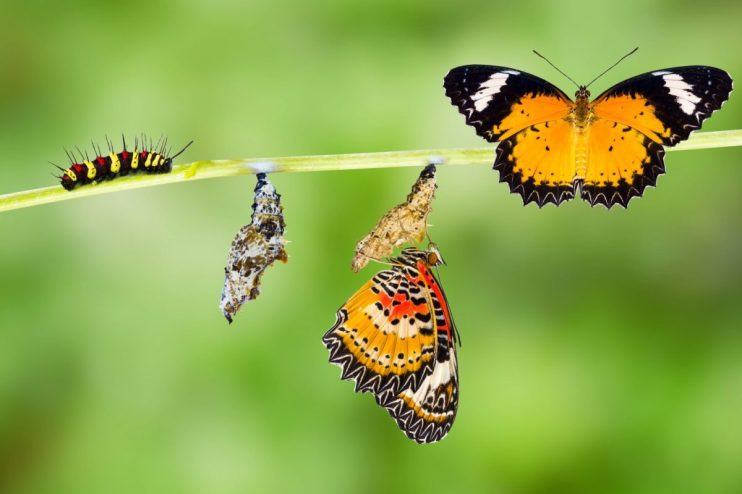How the flap of a butterfly’s wing can affect GDP

The City is working with conservation organisation to make small, positive changes can have a huge impact on the environment, says Michael Mainelli
They say that the flapping of the wings of a butterfly can be felt on the other side of the world. In other words, small actions can generate large changes. Earlier this month, the UK recorded the lowest butterfly count since records began. Butterflies are crucial pollinators, and, in this case, the lack of flapping wings could have serious implications for the wider environment.
Butterflies are a key indicator species, and these figures should be seen as a warning from nature about the resilience of the UK’s ecosystems. Indeed, analysis by the Green Finance Institute has found that a further deterioration of the UK’s natural environment could lead to a 12 per cent loss to GDP; a figure made more shocking when you consider that the 2008 financial crisis took around 5 per cent off UK GDP.
This year’s mayoral theme, ‘connect to prosper’, seeks to leverage the power of positive connections to find solutions to our planet’s biggest challenges, not least climate change and biodiversity loss. And in that spirit, on Wednesday we brought the science, tech, finance and business communities together at Mansion House for the Lord Mayor’s Sustainability and Biodiversity Conference. The Conference – a partnership between the City of London Corporation, the Rotary Club of London, the Zoological Society of London (ZSL) and the Royal Thames Yacht Club – gave attendees the opportunity to explore innovative solutions to drive sustainable growth and protect our planet.
With initiatives focused on green finance, climate resilience, and biodiversity enhancement, the City is pioneering a transformative agenda that integrates sustainability into the financial services sector. Pollinating London Together – a collaboration between the City’s livery companies and other organisations – is creating biodiversity corridors for pollinators across the City. And, in March, the Corporation supported the launch of the City Carbon Credit Cancellation Service (C4S), which enables businesses and individuals to purchase and cancel genuine ETS carbon credits.
C4S is just one of a number of innovative approaches being platformed in the Square Mile, including nature markets, voluntary carbon offtake agreements, specialist insurance markets to underwrite those deals and guarantee they remove carbon dioxide, sustainability-linked bonds and sovereign sustainability-linked bonds.
But there is always more work to be done, and the conference had a special focus on the ZSL’s exciting Thames Estuary Restoration Project.
Seagrass meadows are vital for maintaining ocean health and serve as habitats for diverse marine life. These meadows help purify our oceans, stabilise coastlines, produce oxygen, support biodiversity, and capture carbon from the atmosphere. However, almost half of seagrass in the UK has been lost in the last 90 years – taking those benefits with it.
The good news is that, with evidence-based conservation action, we have the chance to reduce the pressures on this incredible habitat and restore meadows at scale. And the conference was a brilliant opportunity to drum up support for ZSL, which is seeking to raise funds that will go towards collecting and planting seeds, scientific monitoring and reporting.
The American writer and lawyer Robert G. Ingersoll said “there are in nature neither rewards nor punishments – there are consequences.” The vanishing of the UK’s butterfly population is one consequence of climate change and biodiversity loss. If we want to prevent further damage, the science, tech, finance and business communities must keep connecting – making small, positive changes that could have a huge impact.
Michael Mainelli is Lord Mayor of the City of London